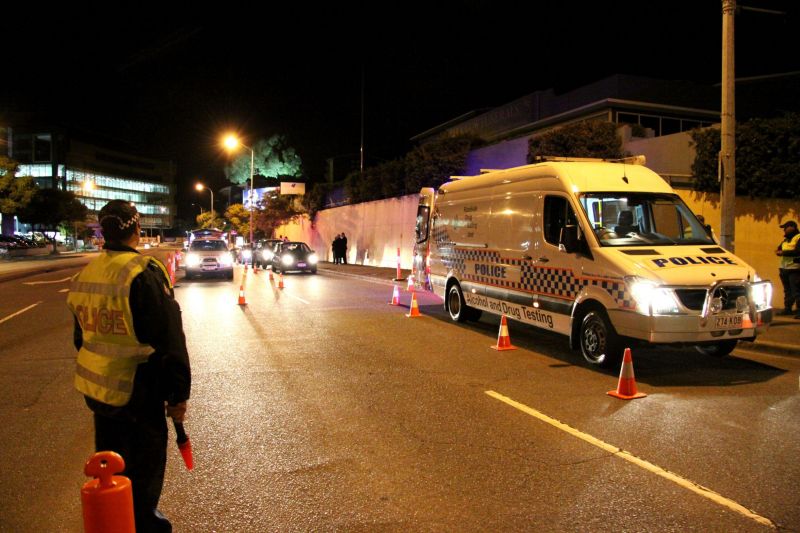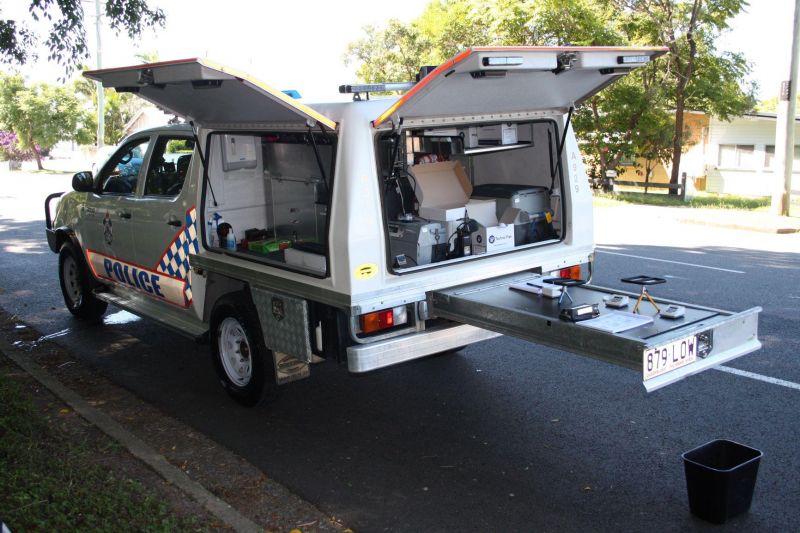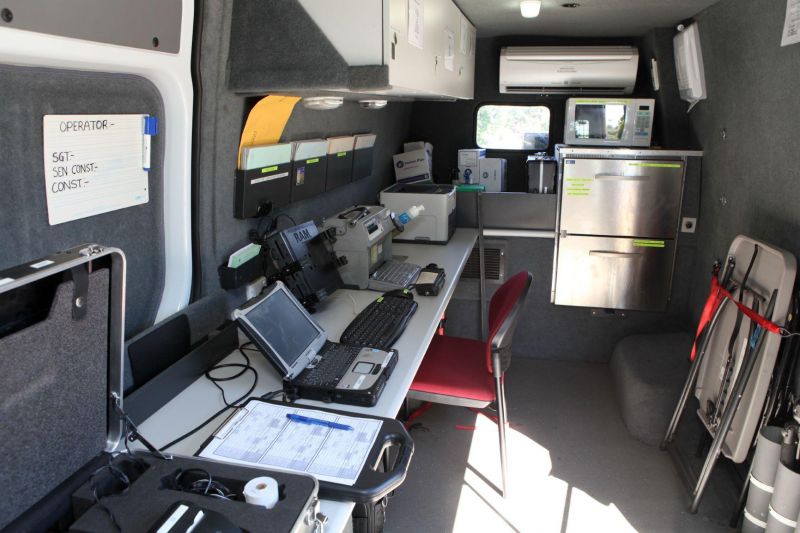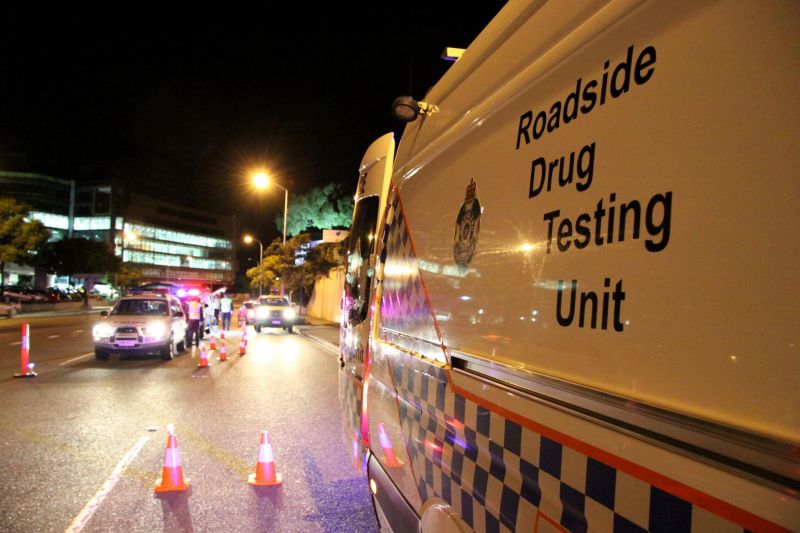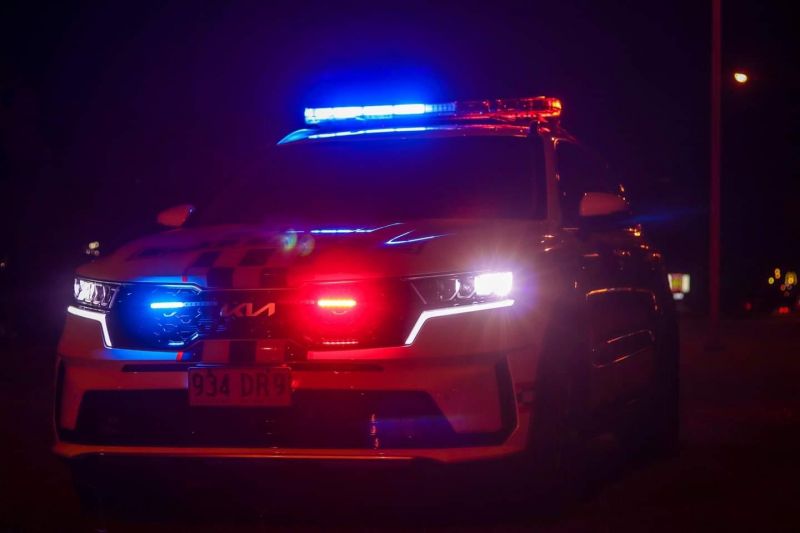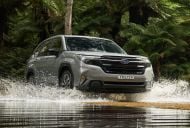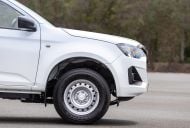If you do a line, you get a fine.
The Queensland Police Service is cracking down on drivers with cocaine in their systems, announcing its random roadside drug-testing program has been expanded to include the illicit substance.
It’s a response to what the Department of Transport and Main Roads says is an increasing number of serious crashes over the last five years involving drivers who have tested positive for cocaine.
If a driver is caught operating a vehicle with cocaine in their system, they’ll have their driver’s licence disqualified and cop a fine of up to $2167.
Repeat offenders face jail time.
Until now, roadside drug-testing kits have only been able to detect the presence in a saliva sample of methylamphetamine, MDMA (ecstasy) and THC, the active ingredient in cannabis.
Random roadside screening has been used in Queensland since 2007, and the QPS says it conducts around 50,000 random tests every year.
Perhaps surprisingly, one in four motorists tested will return a positive result for illicit drugs.
The QPS says 61 people died last year as a result of crashes involving a driver or rider under the influence of drugs, accounting for 20.5 per cent of the overall road toll.
This was a 30 per cent increase compared to the previous five-year average.
“Many more Queenslanders could have died or been seriously injured on our roads if police didn’t take action,” QPS acting assistant commissioner Chris Stream.
“Drivers under the influence of drugs or alcohol exhibit impaired judgement, memory, coordination and reaction time.
“Police will continue to be out there targeting these dangerous behaviours on our roads.
“We’ll continue to encourage motorists to make smarter decisions by taking them off the road. Expect to see police anywhere, anytime targeting drivers who are making the wrong choices.”
Before roadside swab-testing of saliva was introduced in Queensland in 2007, the only way to identify drug drivers was through blood samples taken at a hospital.
Swab-testing has gotten quicker since then, and it now takes two minutes to get a result – down from eight at the outset of testing.
Around 1100 police officers across the Sunshine State are trained to use the Securetec Drug Wipe II twin testing system.
If a positive reading is recorded for a driver, they are taken for further testing using the Draeger Drug Test 5000. If the result from this is positive, their driver’s licence is suspended for 24 hours.
The saliva sample is split in two, with the other portion sent to Queensland Health Forensic and Scientific Services for analysis.
In addition to a potential fine of up to $2167, a magistrate may disqualify an offender for driving for between 1-9 months if the drug is present in their sample, and impose a maximum term of imprisonment of up to three months.
Tougher penalties apply for drivers deemed to be under the influence of the substance, and even tougher penalties apply to those with repeat drug driving offences.
Refusal to provide a saliva sample may result in a fine of up to $6192 or a maximum term of imprisonment of up to six months, with the potential for further penalties.
Unlike roadside breath tests (RBTs), which measure the concentration of a substance, roadside drug tests are intended to detect the mere presence of drugs, which the QPS says “shouldn’t be present in a person’s saliva in any concentration”.





